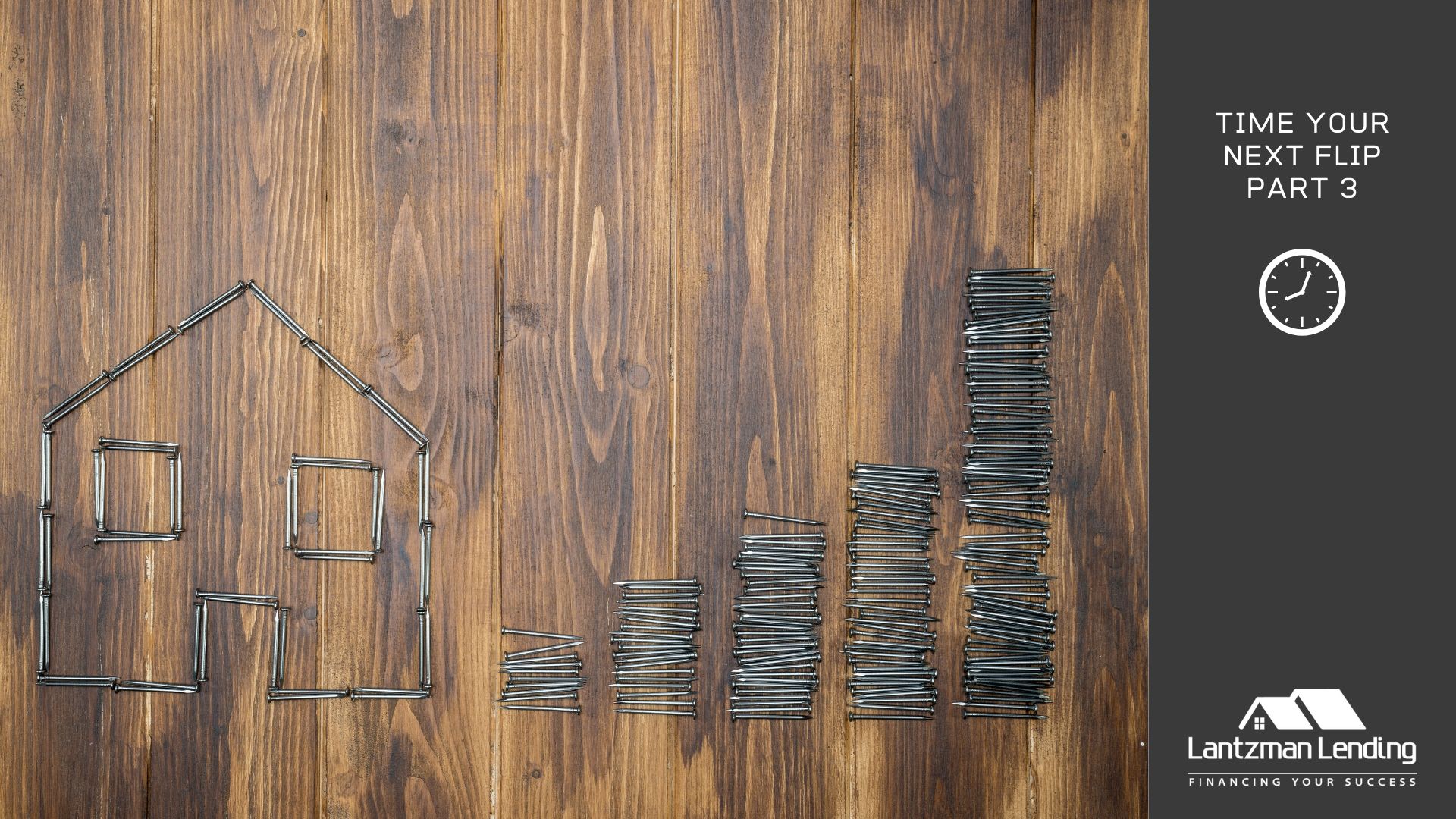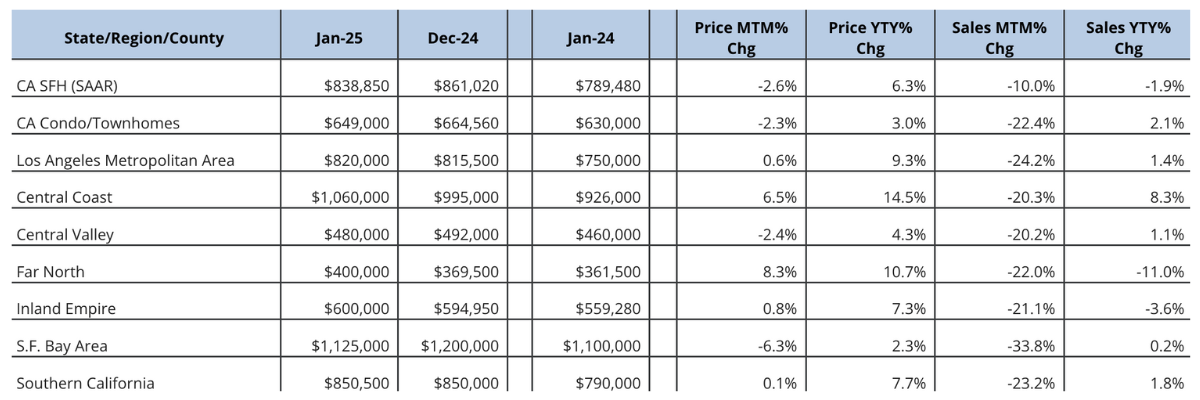You’ve reflected on your motivations for your house flipping project, you’ve surrounded yourself with a team of professionals to execute; now you need to investigate the housing market to select the right home to work on.
Yes, the overall value of the housing market does rise and fall in cycles and—as we saw in 2008—it can fall hard. Overall, with the right asset selection and investment strategy, real estate can be very lucrative in the long term. But flipping houses is a short term game that is relatively immune to the long term cycles of real estate investing. If you’re flipping homes effectively, you’ll close deals on both ends before the housing market can shift dramatically enough to affect the value-added profitability of your project.
When it comes time to buy and sell your property, it’s beneficial to know if the housing market is hot or cold for negotiating purposes. In a cold buyer’s market, supply of homes is high, the demand is low, and the buyer has the advantage in being more likely to close a deal on a home for less than list price and you may be able to negotiate that the seller pays a percentage of the closing costs. In a hot seller’s market, the supply of homes is low and the demand is high. Sellers have the advantage and you may be able to sell your home quickly and for more than asking price. Sellers may even negotiate that a buyer waives inspections and appraisals.
Regardless of the overall housing market, it is imperative to investigate the local housing market conditions to make a sound purchasing decision. There are criteria worth evaluating to ensure you’re avoiding turning your flip into a flop: Comparable Property Prices, Property Taxes, and Number of Days on the Market in a given area.
COMPARABLES
How do other comparable properties in the same area compare to the one you are considering purchasing? Look at both property prices both before and after renovations for a sufficient Comparative Market Analysis (CMA). Furthermore, make sure that the properties you are looking at are actually comparable. They need to match up in terms of lot size, square feet, and bedroom and bathroom layout as these factors all affect the price. Pro tip: look at prices of properties that have already sold, as those are the best indicator of actual value. Talk to the realtor expert on your team. The more data you collect, the better a purchasing decision you can make.
PROPERTY TAXES
If property taxes are high in a certain area, it could impact its ability to sell quickly. Be sure to factor this into your selection and factor this into your comparables analysis.
NUMBER OF DAYS ON THE MARKET
How many days are comparable properties in your target area staying on the market? If most homes are getting off the market in a short number of days, this will provide the best return on investment. If most homes in your target area are staying on the market for a long time, your carrying costs will be higher and affect your profits. In this case, you may want to reconsider your purchasing decisions and investigate new territory.
If you’ve investigated the local housing market in your target area and everything checks out, it’s time to evaluate and select the perfect home for your flip.




